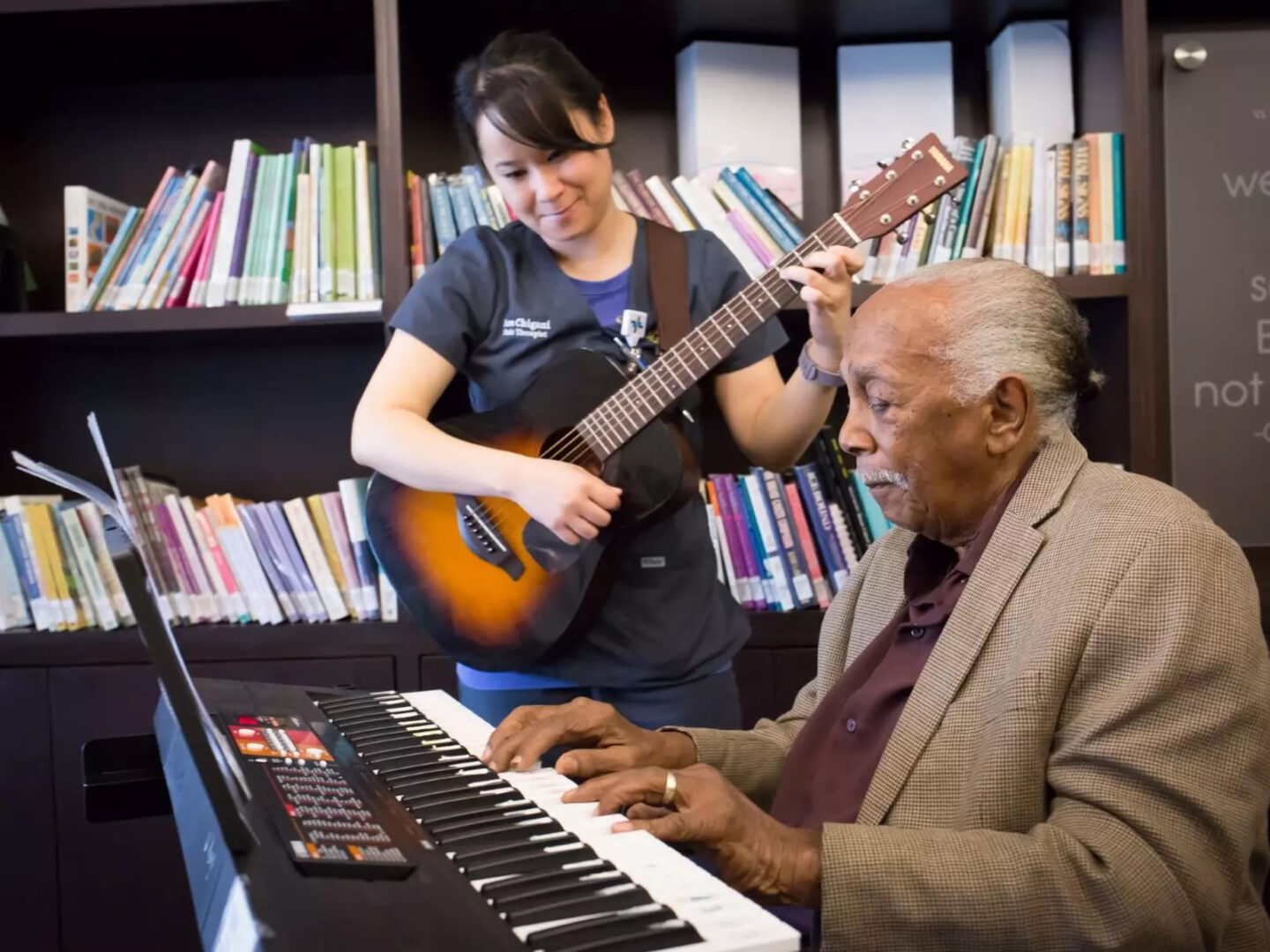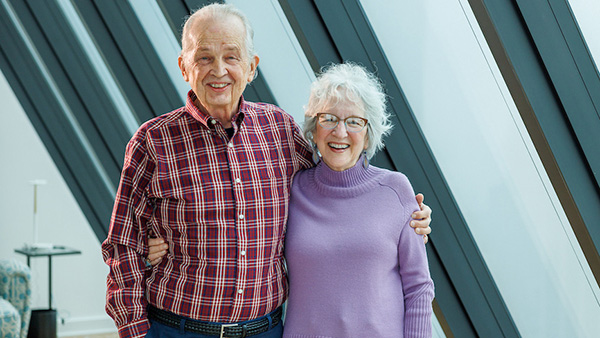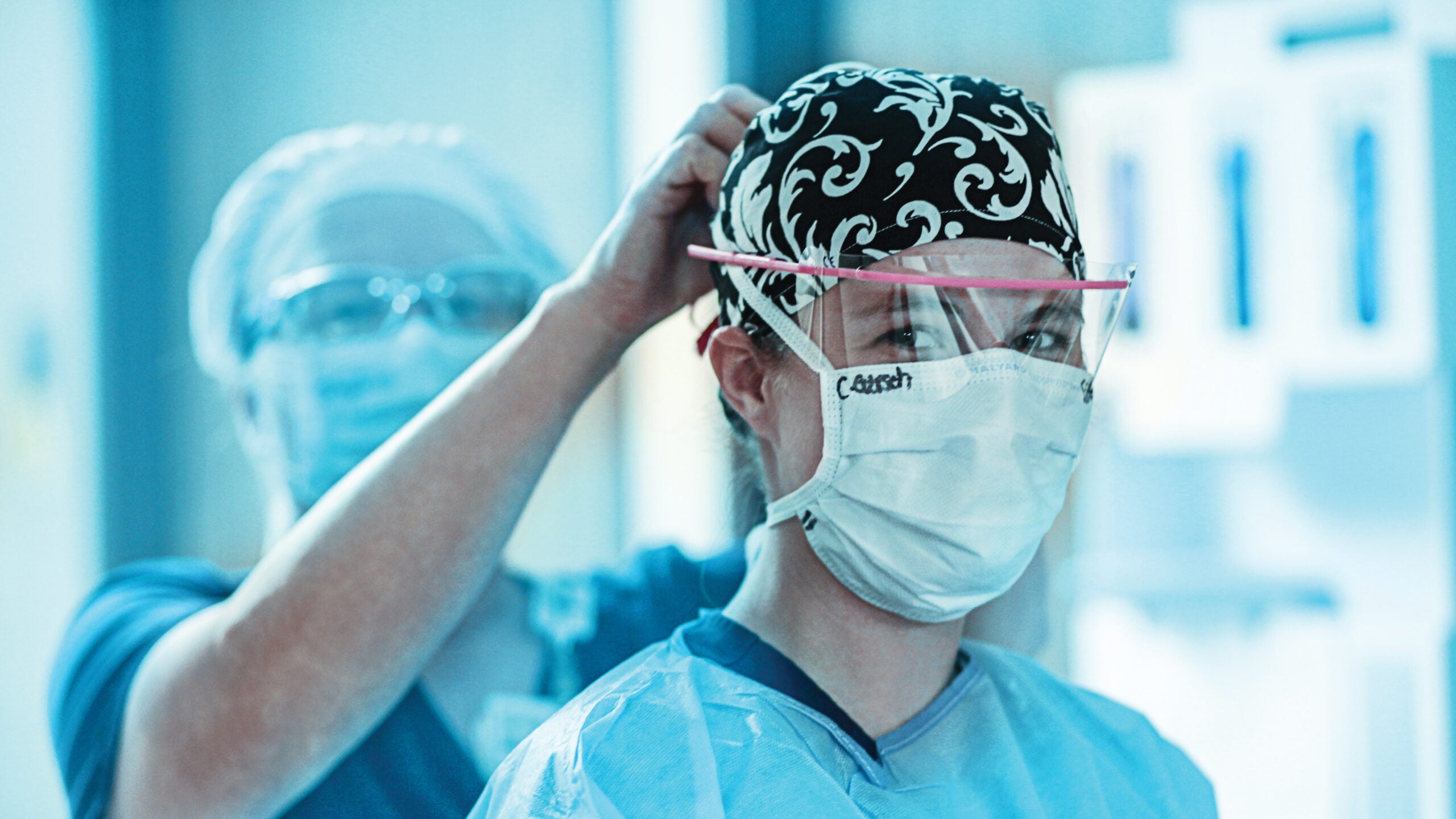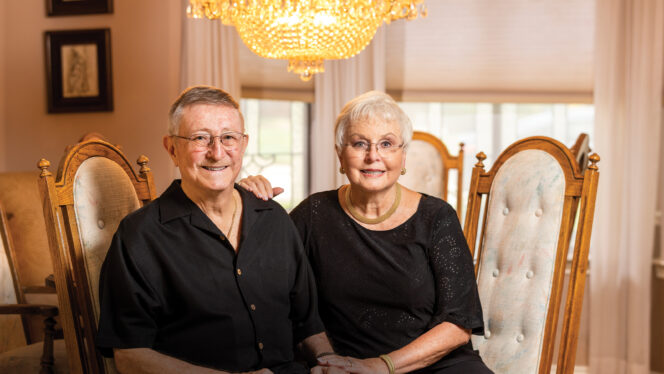A Baylor Scott & White Health nurse talks about being on the front lines of the COVID-19 pandemic.
She’s dedicated her entire nursing career to critical care, working daily with the sickest of the sick, those in most desperate need of medical care. “While it’s not always the happiest place to be, it’s a privilege to get to help these patients,” Claire Motley, BSN, RN, CCRN, explained. Claire went into nursing specifically to work at Baylor University Medical Center at Dallas, and was drawn to critical care because of her passion for getting the details right.
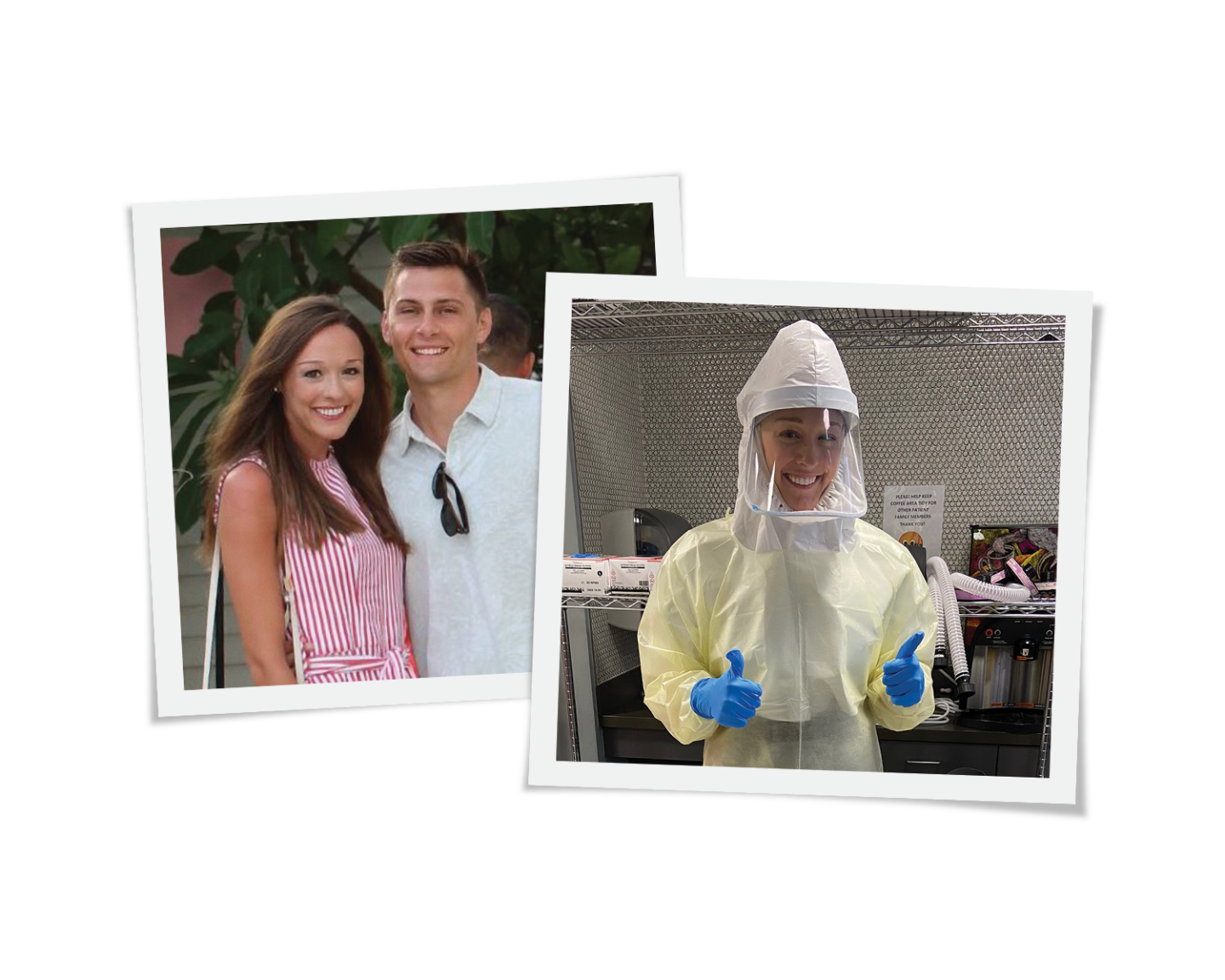
The role that already demands everything of her recently got even more challenging. When COVID-19 came to Texas, Claire and her fellow nurses were there on the front lines, daily facing down a pandemic that has most of the country gripped with fear.
Claire leaves her home at 6:15 a.m., carrying with her everything she might need for a long day in the ICU, including meals and a change of clothes. It’s hard to know exactly what each day will bring. But one thing is for sure: Claire feels blessed to work alongside such a tight-knit group of nurses on her unit.
Their close camaraderie has been leveraged in a whole new way in recent weeks. Nurses depend on each other for everything from help with getting into their personal protective equipment (PPE) to scheduling visits to each patient room, providing the best care they can for their patients while also conserving PPE and limiting exposure to the virus.
“It’s a pretty extensive process to get into the PPE,” Claire explained. “It usually takes three people. So I have someone reading a checklist off and someone who’s helping me get dressed, and we follow that checklist strictly. It’s definitely a collaborative team effort just to get into the patient room.”
Claire spends as much time with each patient as she can. After that, she and the other nurses must follow a strict schedule, and Claire misses the luxury of being able to pop into a patient room whenever she wanted to, or just sitting and having conversations with her patients. “It’s definitely changed a lot,” she said.
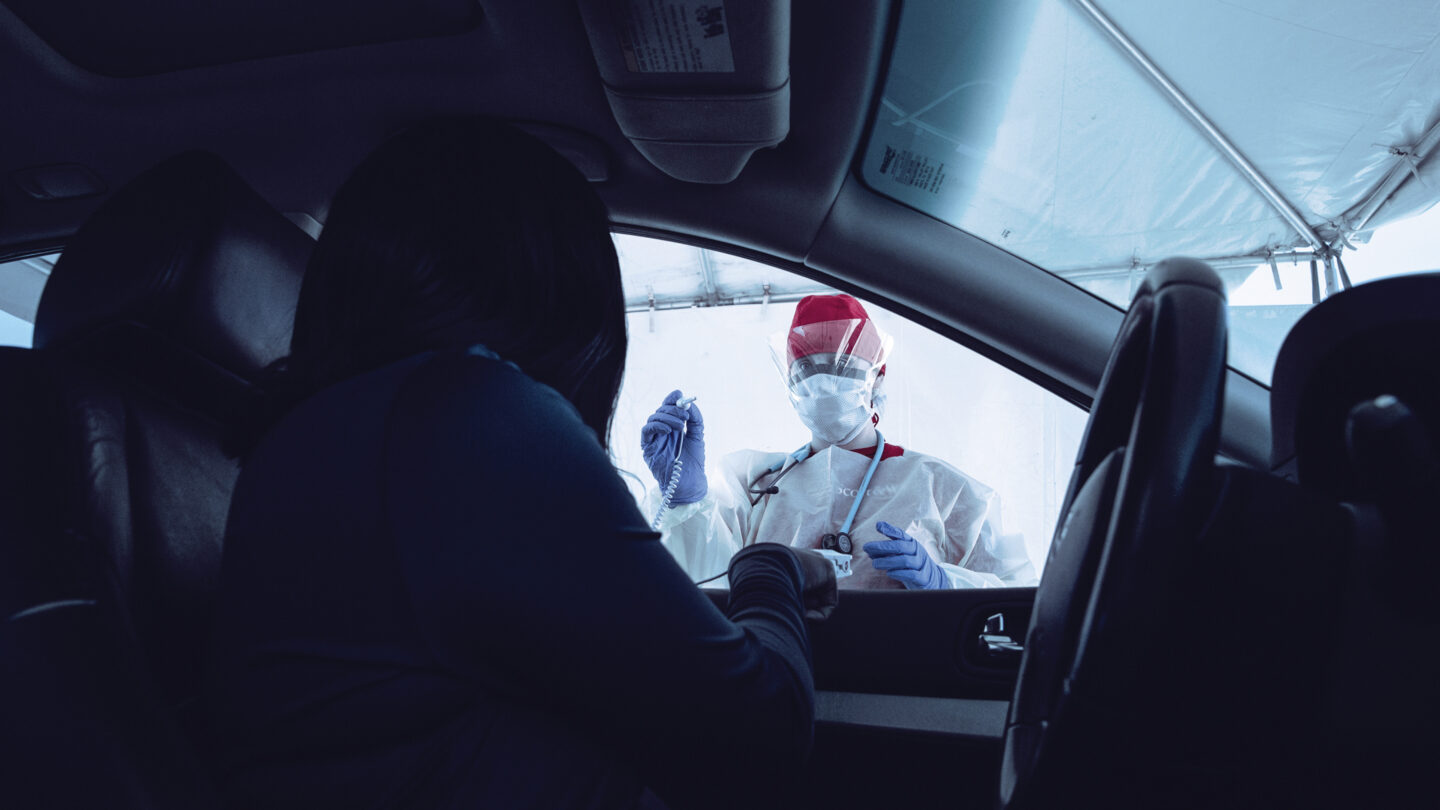
In the ICU, some days are happy; others are hard. While the way in which she can accomplish her mission every day has changed, the mission itself has not: She’s there to provide care for every patient who needs her, at whatever stage their life is in. As any nurse will attest, this is the job, the calling. Claire speaks about both life and death with the wisdom of someone who has been witness through every step of it, putting her hands together to clap for patients as they succeed, and holding the hands of those whose lives will come to an end. Each day runs the gamut of human experience for nurses who choose critical care.
After a 12-hour shift—longer when she needs to stay late—Claire changes out of her scrubs before she leaves the hospital. She slips into a new set of clothes and heads to her car, where she changes out of her shoes, carefully depositing them in a cardboard box she keeps in her vehicle. When Claire gets home, she changes out of what she was wearing to drive home, running for the shower.
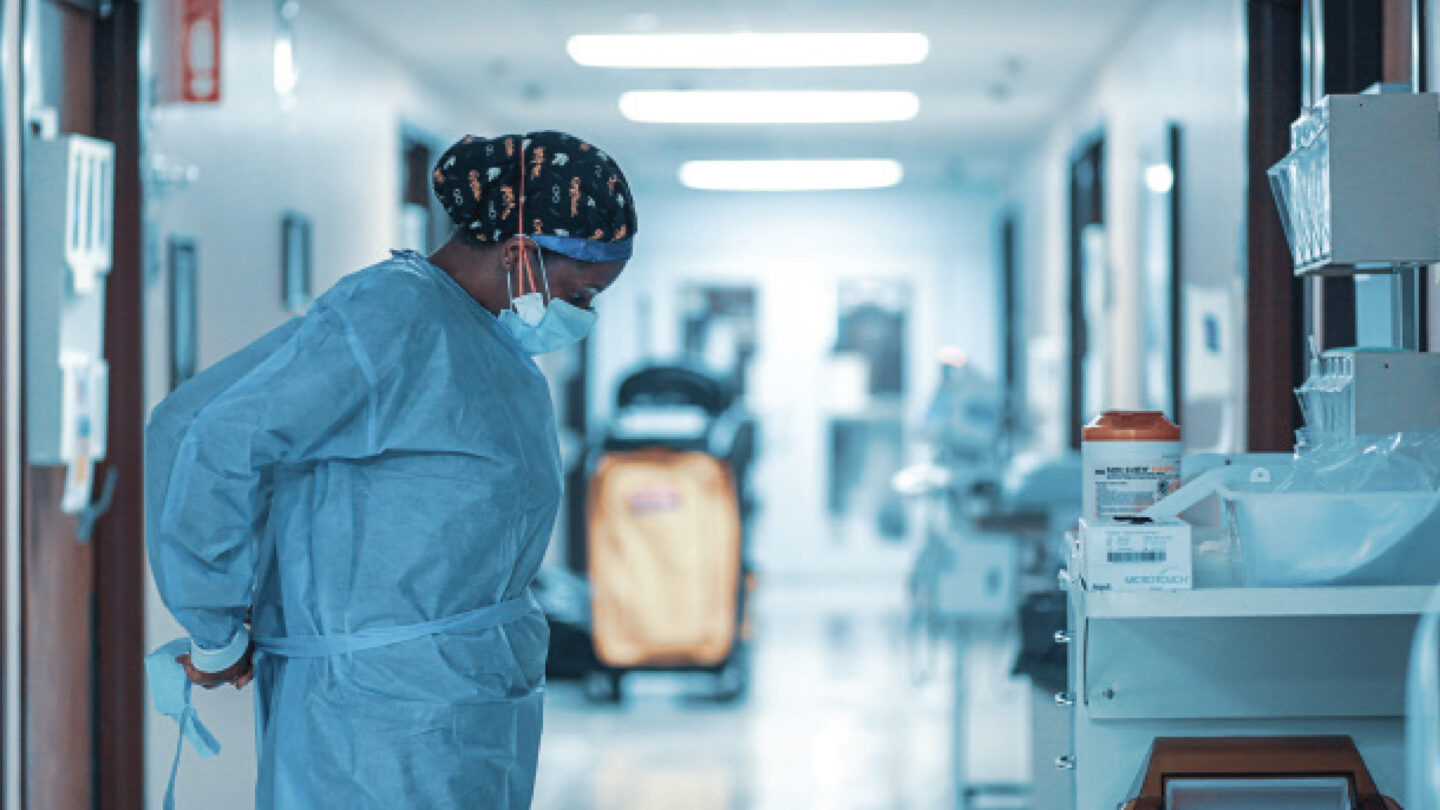
Claire gets a catch in her throat when she talks about doing everything she can to keep from bringing the virus home to her husband: “I try not to go into that because it makes me crazy. It is a little bit scary to start thinking about that,” she said. Her husband is the one person she has close contact with outside of her colleagues and patients. Friends and family see Claire only via video chats. She has bowed out of every outdoor walk or socially distanced visit that is offered to her: Living with the thought of potentially spreading the virus to someone is too much for Claire to bear. She’s seen what it can do.
Some nights she thinks about the success stories, like the man who was on a ventilator for more than a week before getting better and being able to go home. He was met by his family with a sign that said, “Welcome home, Dad.” A picture of that moment meant everything to Claire and her fellow nurses. Other nights, Claire prays, trying to relax. What sustains her is the thought that her colleagues will be there for her in the morning, in it together to fight through another day in a pandemic. “We have the best team here,” Claire said. “And that’s what helps me get up and come do my job every day. I wouldn’t want to be doing anything else.”

